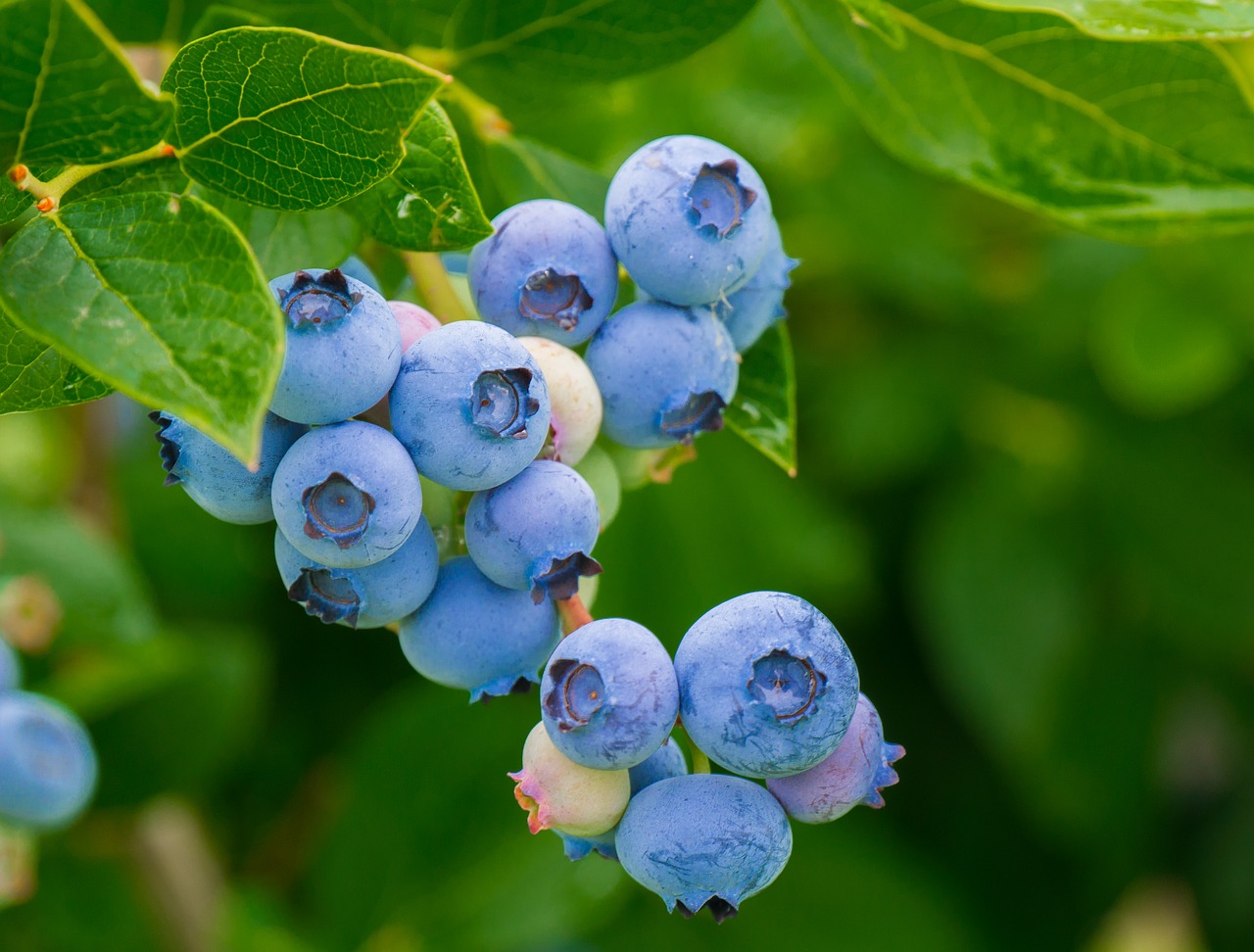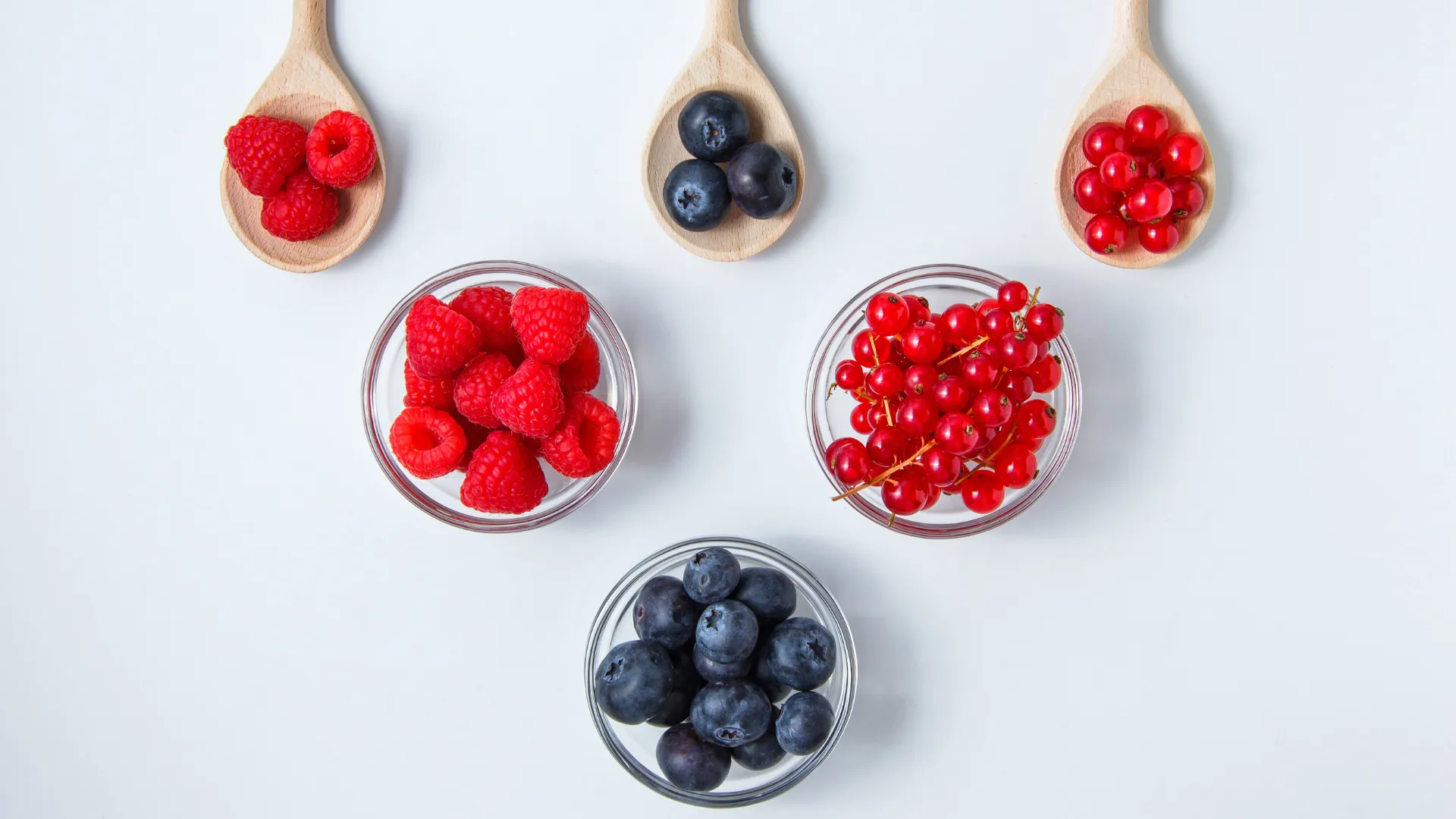The future of sustainable packaging will mean readily available packaging solutions that protect fruit and minimise impact on the environment.
But everyone needs to work together - including food producers and distributors, packaging manufacturers, material recovery facilities and consumers - to ensure that the recyclable content of plastic containers is recovered and reprocessed into new packaging.
Until the 1990s, Driscoll's berries were sold in baskets. Today, they are sold in transparent, ventilated plastic packages known as clamshells. These lightweight containers, made from recycled plastic water bottles, protect the fruit from damage and contamination, as well as reducing food waste because they control moisture and promote a longer shelf life.
"Berries require the utmost attention to detail when it comes to packaging and transportation. They are delicate, perishable and very sensitive to changes in temperature," says Camille Herrera, packaging development and sustainability manager for Driscoll's, one of the world's largest producers of fresh strawberries, blueberries, raspberries and blackberries. "Our goal is to put the berries in cold storage or in a truck within two and a half hours of picking to ensure that the highest quality berries are then shipped to retail stores across the country."
SUSTAINABLE PACKAGING
Driscoll's, which has over 100 years of farming experience, is committed to growing in harmony with the environment and the communities on which it depends.
"Driscoll's is a family business and one of the things that sets us apart is that we pride ourselves on being rooted in the communities where we grow. We recognise that our consumers and communities deserve packaging solutions that do not further burden local infrastructure and resources and that can close the loop on plastic use," says Camille Herrera.
They are proponents of pre-competitive partnerships, working with competitors to find environmentally friendly packaging solutions that benefit everyone. For example, along with 20 other companies in the fresh berry industry, they have made a joint commitment called "Berry Sustainable" to achieve 100% recycling-ready packaging by 2025. In addition to their industry-wide commitments, Driscoll's is the first US manufacturer to join the global New Plastics Economy effort, led by the Ellen MacArthur Foundation.
Driscoll's has taken great strides to address these issues and drive sustainable change by working in partnership with our independent farmers and the community.
CLOSING THE CIRCLE
Driscoll's clams currently contain over 50% recycled polyethylene terephthalate (PET), sourced primarily from recycled bottles. In an effort to promote a closed-loop system, their goal is to incorporate 25% recycled content from post-consumer recycled packaging by 2025. Working with packaging suppliers to close the loop on clamshell recycling, it is estimated that by 2021 Driscoll's will prevent over 3.5 million kg of PET packaging from ending up in landfill and reduce greenhouse gas emissions by 4.2MT of CO2. The equivalent of removing 887 passenger vehicles from the road each year.
Driscoll's encourages consumers to learn more about their local recycling policies or look for the How2Recycle label to ensure they are recycling their shells correctly. Proper disposal will help minimise contamination of recycling bins so that local material recovery facilities can sort clam shells and package them for sale.
"If it can't be sold, there is no recycled material for our packaging manufacturers to buy," says Herrera. "By creating this demand, we are signalling to the consumer that we are serious about reclaiming our packaging, we are signalling to the recycling industry that we want them to collect clam shells because they will be able to sell them. And we're telling manufacturers that we want them to buy recycled content to use in new packaging."
They encourage other companies to commit to transparency, engage with their suppliers and learn about the recycling landscape.
"To have the biggest impact, you have to collaborate. I would encourage people to meet with all stakeholders and share learnings to help advance recycling solutions," Herrera says. "This should be the new bar."







